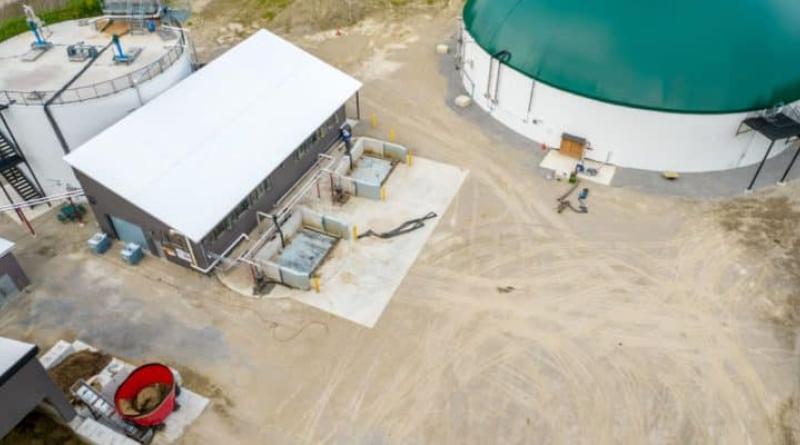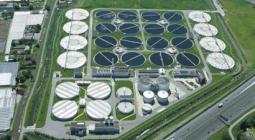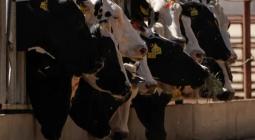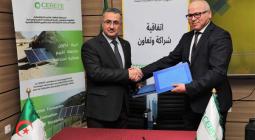In Algeria, the technical landfill centre (CET) of El Biar, a southern suburb of the city of Batna, has just been equipped with facilities for the production of biogas. These are three collection wells, each 4 m deep. The biogas from these wells will be transformed into electricity to power the CET facilities.
Faced with the pollution caused by fuel oil (a notorious pollutant made up of a mixture of hydrocarbons, additives and dyes from oil refining, editor’s note), the El Biar technical landfill centre in Algeria is now banking on self-consumption of low-carbon electricity. The centre, located in the southern suburbs of the city of Batna, has just been equipped with three biogas collection wells, each 4 metres deep. This gas is produced by the fermentation of organic waste through the action of micro-organisms.
The project was implemented in the framework of a partnership between the University of Batna-1 and the authorities of the city of Batna. The three biogas collection wells supply a 35-kW electricity plant. This electricity will meet the needs of the El Biar CET, which has facilities for the incineration of special waste, particularly hospital waste, the treatment of which requires a high level of technology and compliance with certain standards in force.
Read also – ALGERIA: An alliance between the AND and Cerefe to convert waste into biogas
According to Belkacem Aouane, of the physics department at the Faculty of Material Sciences at the University of Batna-1, and head of the applied energy physics laboratory, the El Biar technical landfill centre will be equipped with five additional collection wells over the next few months, further reducing the dependence of its facilities on the national electricity network. The new wells, each 20 m deep, will supply a 500-kW power plant.
The importance of this project is also economic, as it will reduce the CET’s electricity bills, in addition to the environmental protection offered by this process, which could be extended to all of Algeria’s wilayas. “The biogas from the collection wells could also be used to produce fuel for vehicles, thanks to the significant resources provided by polluting waste,” says Belkacem Aouane.
Inès Magoum







